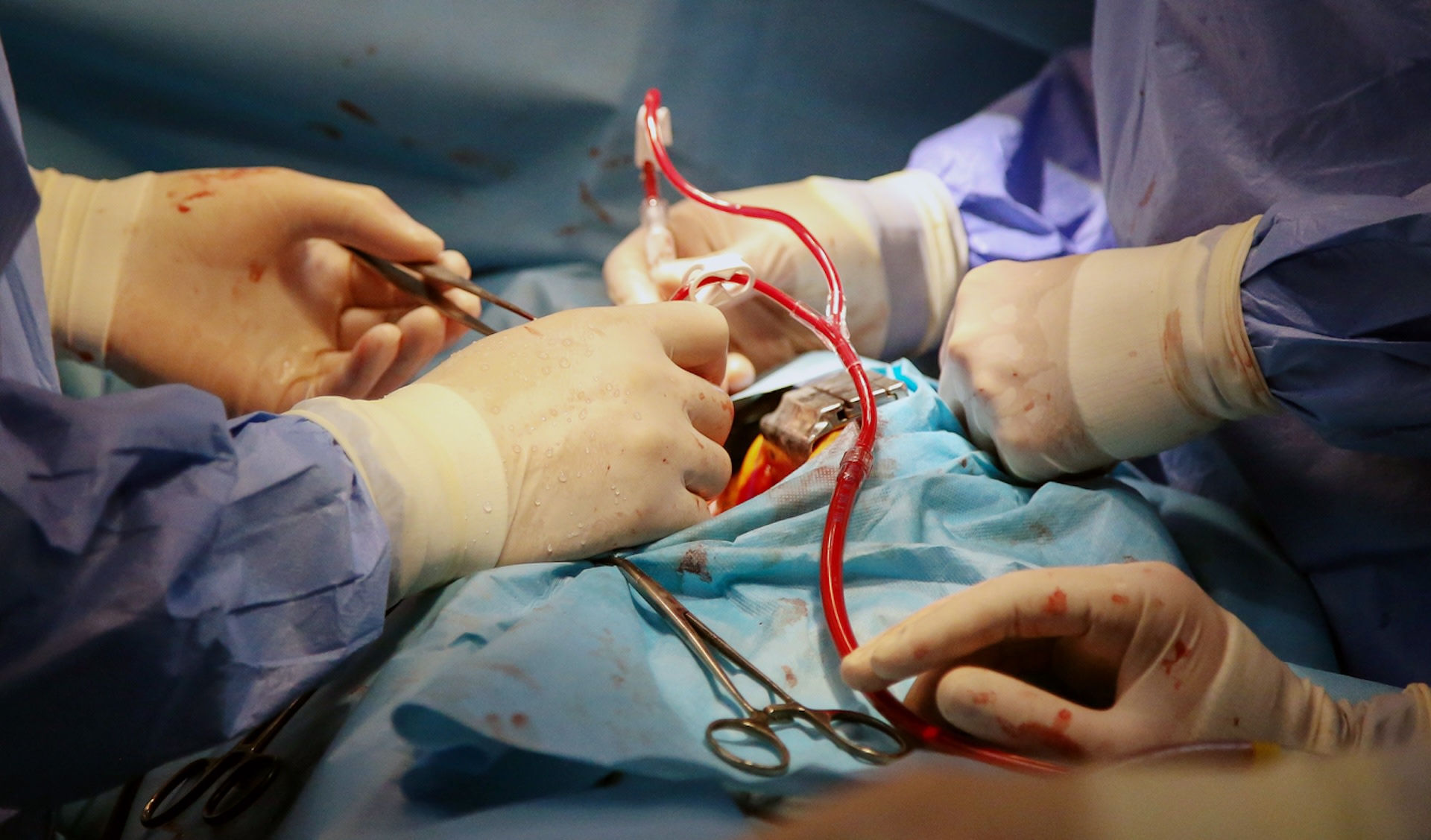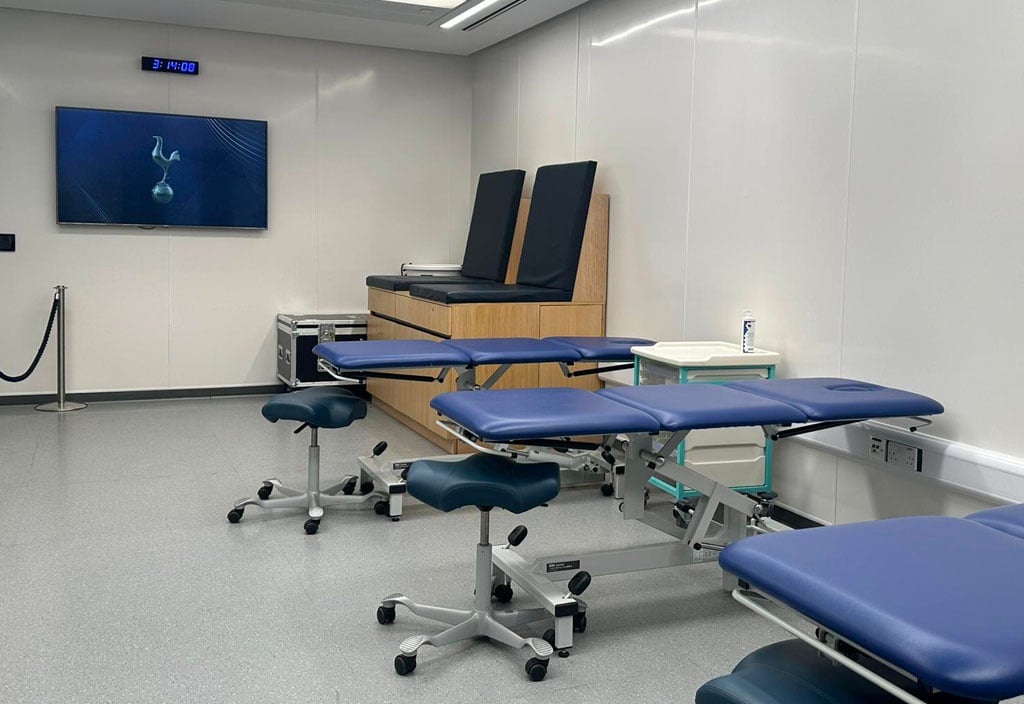Scientists in Italy made a disturbing discovery that illustrates the dangerous ways plastic can affect our bodies.
What happened?
Earlier this month, ScienceAlert.com explained that a study led by Raffaele Marfella, a medical researcher at the University of Campania in Naples, found “shards of microplastics in fatty deposits surgically removed from patients who had an operation to open up their clogged arteries — and reported their health outcomes nearly [three] years later.”
The study, published in the New England Journal of Medicine, followed 257 patients for 34 months and determined that almost 60 percent had “measurable amounts of polyethylene in plaques pulled from their fat-thickened arteries, and 12 percent also had polyvinyl chloride (PVC) in extracted fat deposits.”
Polyethylene is the most common form of plastic that is used in plastic bags, bottles, and films. PVC comes in multiple forms and can be used to make plastic bottles, water pipes, flooring, and packaging.
Why is this important?
While the full extent of the impact of microplastics on human health is still being researched, scientists are still rightfully concerned about discovering them within the body. ScienceAlert.com noted that lab-based studies “suggest microplastics can trigger inflammation and oxidative stress in heart cells, and impair heart function, alter heart rate” among other cardiovascular-related issues.
“Observational data from occupational-exposure studies [also] suggest an increased risk of cardiovascular disease among persons who are exposed to plastics-related pollution, including polyvinyl chloride, than that seen in the general population,” Marfella and his colleagues wrote.
The study determined that the patients with microplastics in their extracted plaques “were 4.5 times as likely to have experienced a stroke, non-fatal heart attack, or died from any cause after 34 months than people who had no detectable microplastics in the plaques that surgeons had removed.”
Furthermore, microplastics have also been discovered coursing through bloodstreams and in human placentas. University of New Mexico professor Matthew Campen told The Guardian that such a discovery means “all mammalian life on this planet could be impacted.”
What can be done about this?
It was noted that the study didn’t account for other potential contributing factors to cardiovascular disease, such as air pollution, smoking, or physical activity. However, its findings are further reasons for us to rethink our relationship with plastic, which would not only benefit the environment but also our health.
“Although we do not know what other exposures may have contributed to the adverse outcomes among patients in this study, the finding of microplastics and nanoplastics in plaque tissue is itself a breakthrough discovery that raises a series of urgent questions,” stated Philip J. Landrigan, pediatrician, public health physician and epidemiologist of Boston College, in an accompanying editorial.
You can reduce your exposure to microplastics by switching to reusable bottles and grocery bags to avoid contributing to plastic waste that creates these harmful particles.
Join our free newsletter for weekly updates on the coolest innovations improving our lives and saving our planet.

Dr. Debi Johnson is a medical expert and health journalist dedicated to promoting well-being. With a background in medicine, she offers evidence-based insights into health trends and wellness practices. Beyond her reporting, Dr. Debi enjoys hiking, yoga, and empowering others to lead healthier lives.








